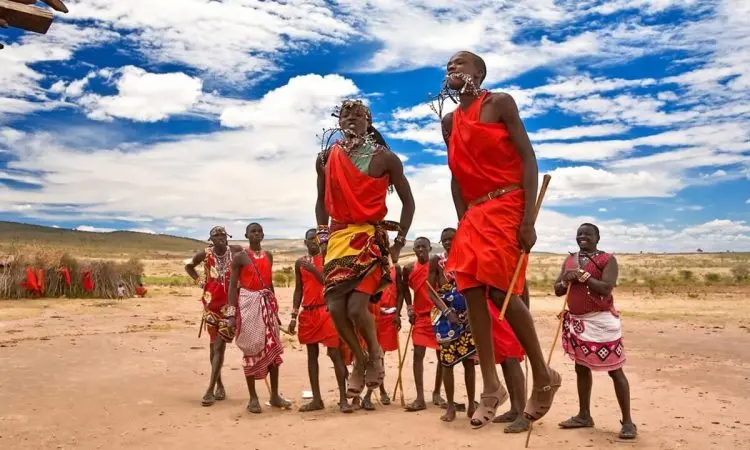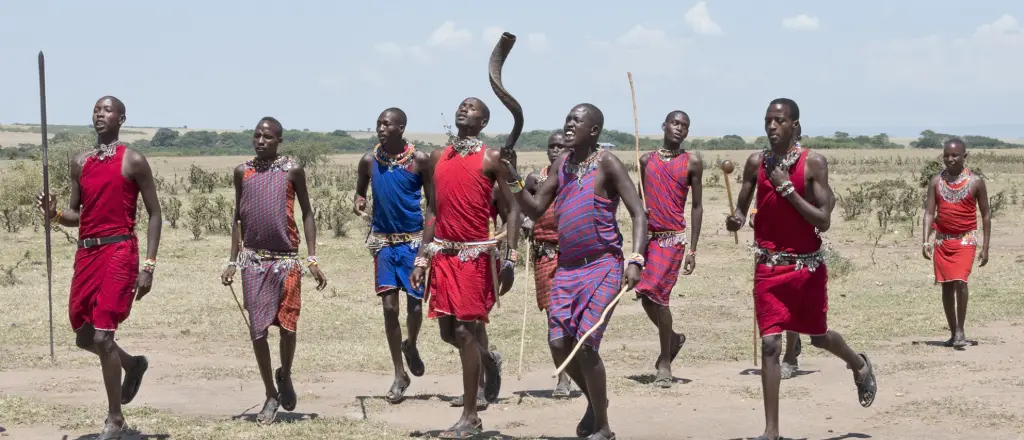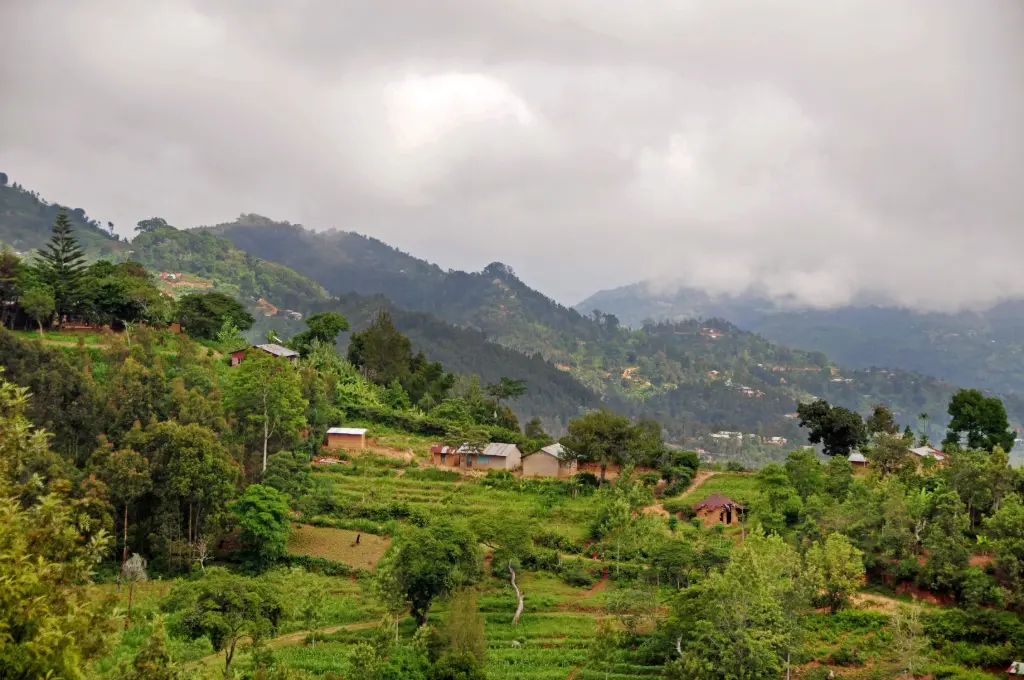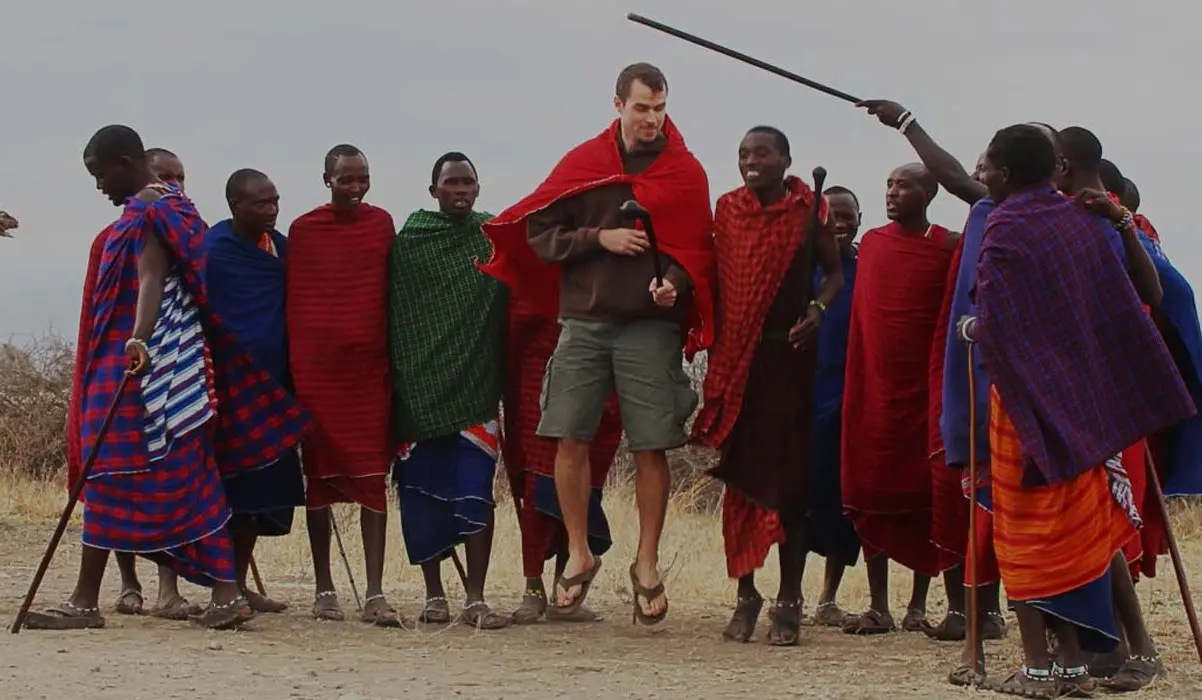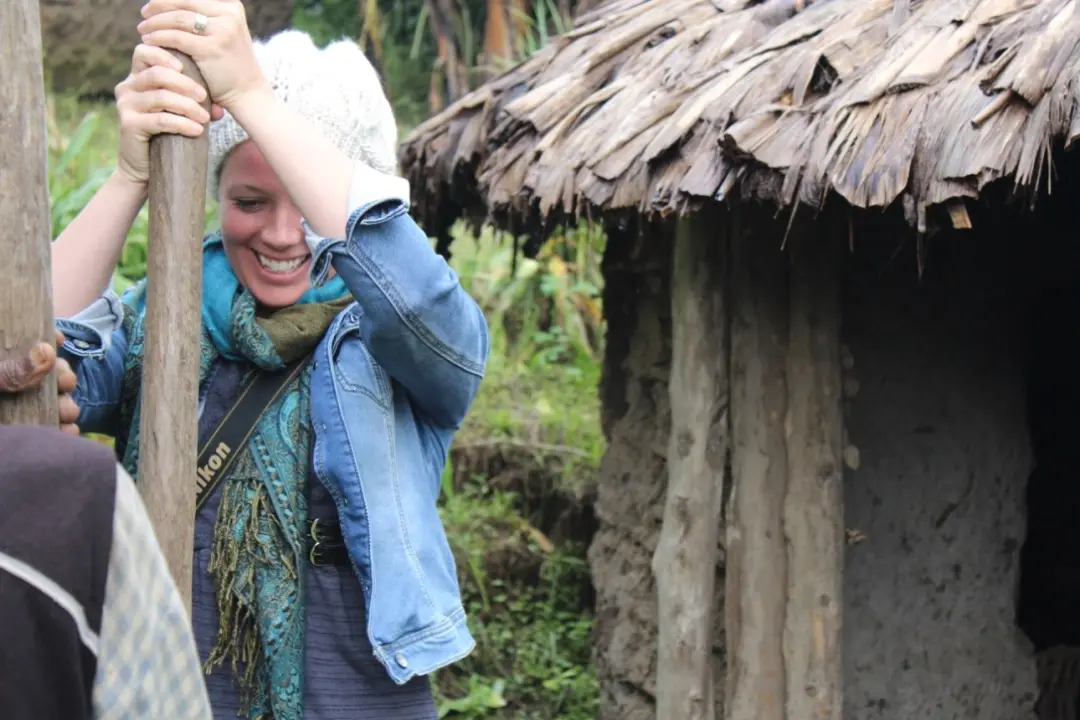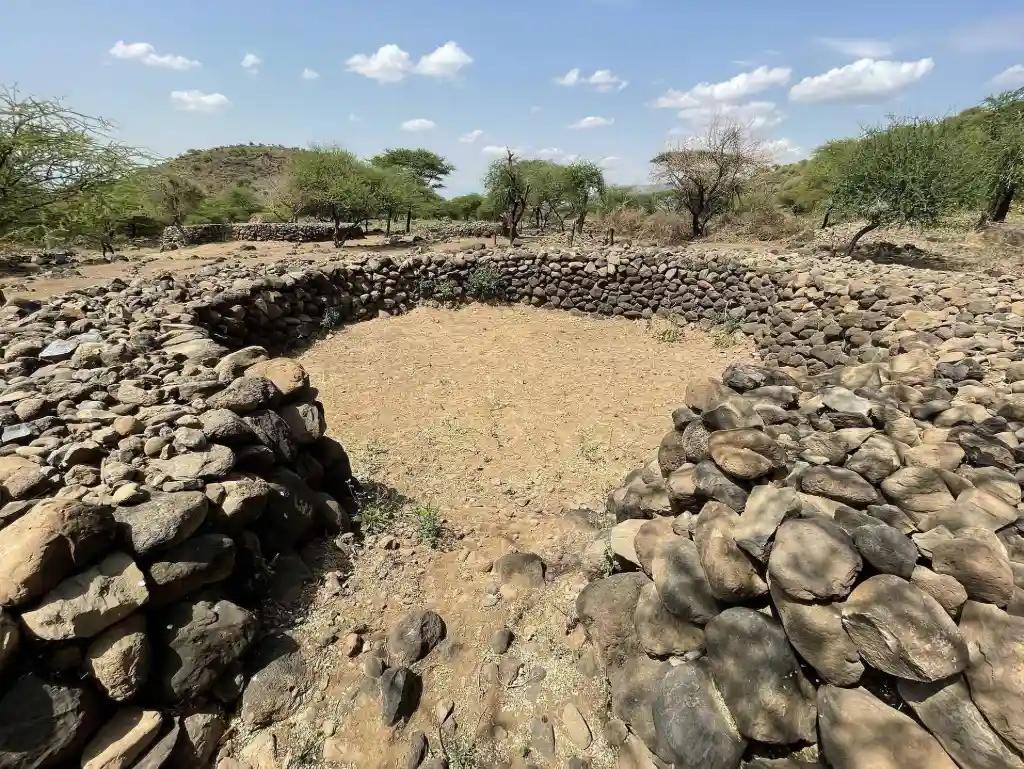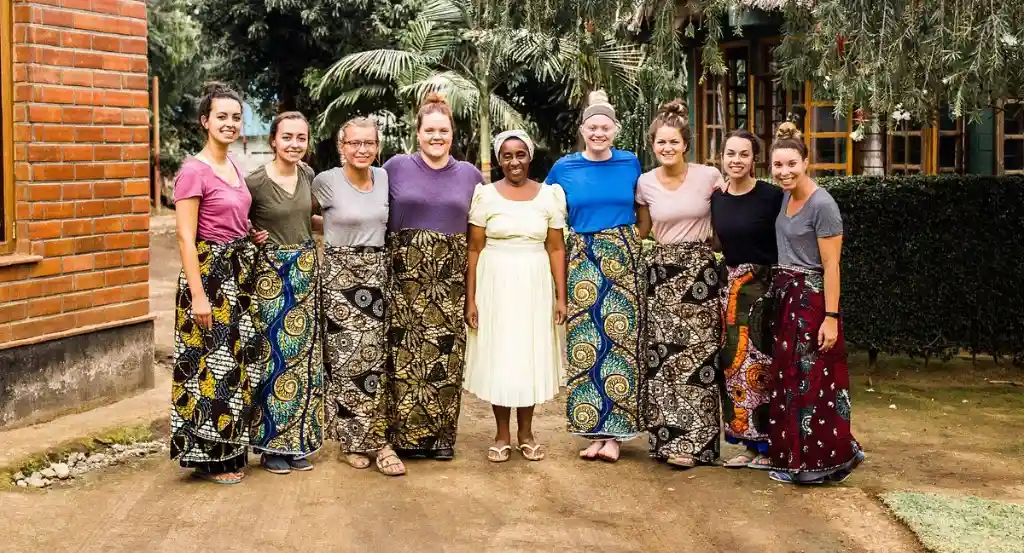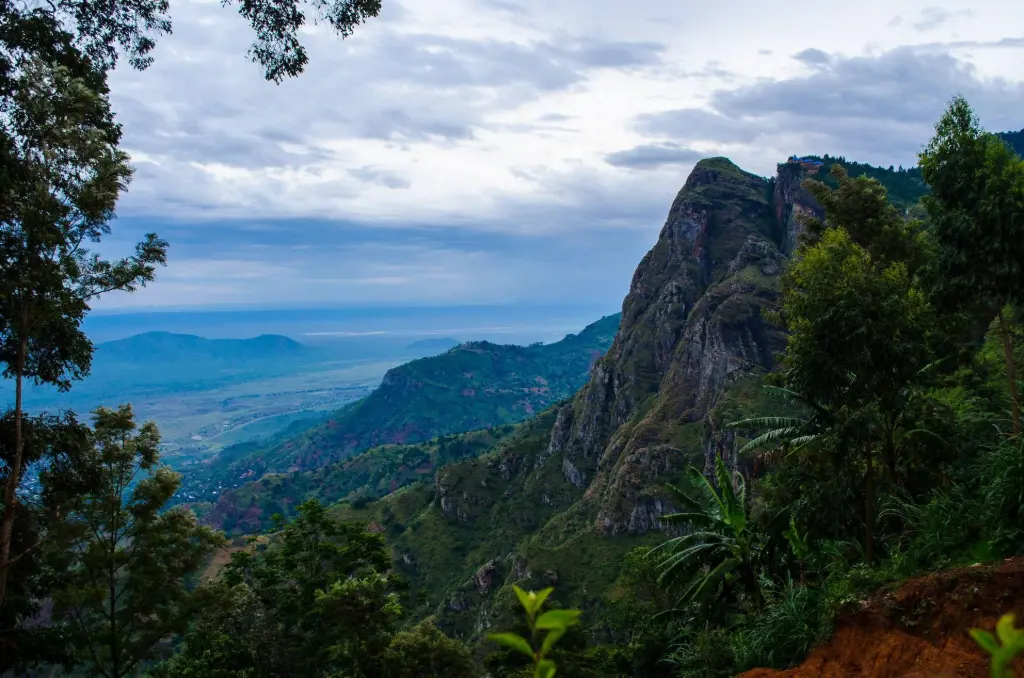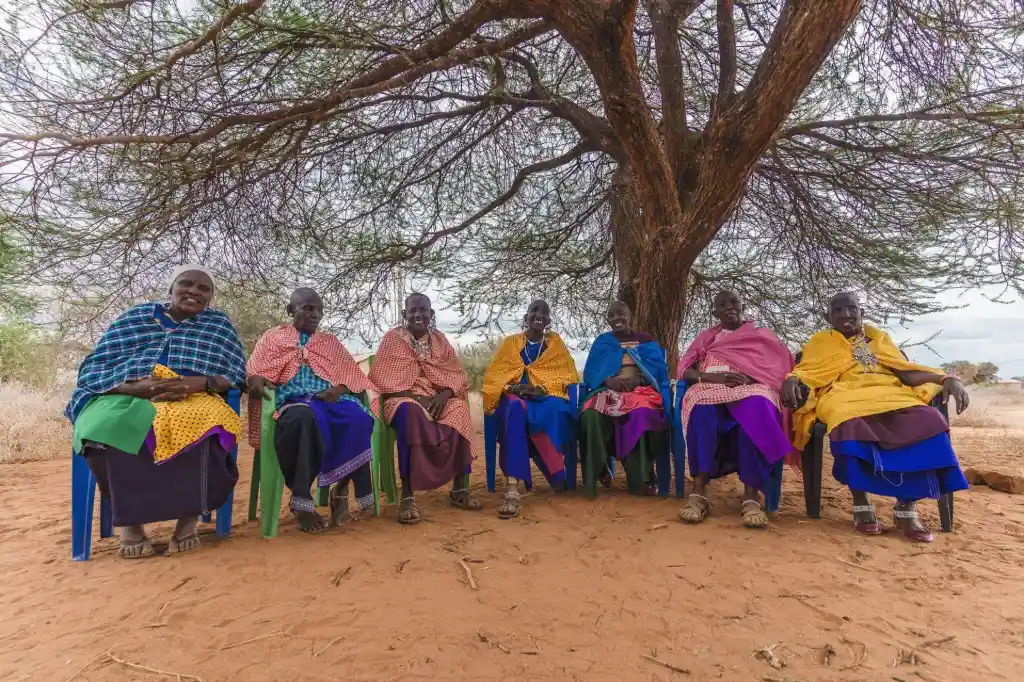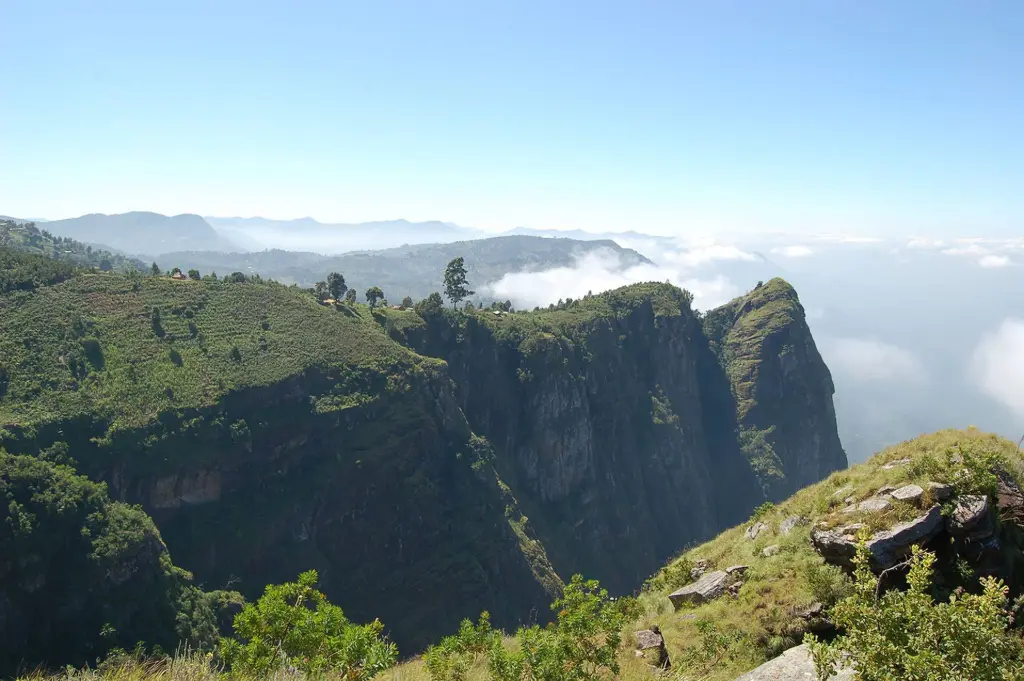Community tourism in Tanzania
Community tourism in Tanzania invites travelers to engage with local cultures through village stays, crafts, and traditional cooking.
It offers authentic insight into daily life while promoting sustainable development. Visitors can connect with communities like the Maasai and Chagga on a personal level.
These experiences foster mutual respect and directly support local livelihoods.
Mto wa Mbu Cultural Tour (Lake Manyara Area)
Mto wa Mbu is a melting pot of over 120 ethnic groups, offering visitors a rare opportunity to experience Tanzania’s cultural mosaic in one location. A guided tour through the village includes visits to local homes, banana plantations, and traditional breweries, where travelers can sample banana beer. Guests witness skilled artisans at work — carving Makonde sculptures or painting Tingatinga artworks — and learn the stories behind their crafts. The tour also includes traditional food tasting and market visits, immersing guests in the rhythms of daily life. It’s an ideal introduction to Tanzanian culture, vibrant and authentic.
Maasai Village Visits (Longido, Monduli, Ngorongoro)
Visiting Maasai communities offers an intimate view into one of Tanzania’s most iconic pastoralist cultures. Guests are welcomed with traditional dances and songs, followed by guided tours through Maasai bomas (homesteads) built from earth and cow dung. Activities may include storytelling, bead-making demonstrations, and walking safaris led by Maasai warriors who explain their deep connection to the land and wildlife. Some villages offer overnight stays, allowing visitors to participate in livestock herding and evening rituals.
The experience fosters mutual respect and insight into a resilient, ancient culture adapting to a modern world.
Chagga Cultural Experience (Slopes of Kilimanjaro)
The Chagga people, known for their agricultural ingenuity, invite visitors to explore their terraced farms, traditional homes, and historical caves once used for protection during tribal conflicts. Travelers learn how to roast, grind, and brew Arabica coffee the traditional way, often participating in the process. Guides also introduce medicinal plants and native trees, sharing how Chagga culture blends conservation and tradition. The experience is often topped with local cuisine and folk tales, offering a rich, sensory journey into life at the foot of Africa’s highest mountain.
Babati & Hanang Cultural Tourism Program (Manyara Region)
Less commercialized but deeply rewarding, Babati and Hanang offer raw insight into rural Tanzanian life. Visitors canoe on Lake Babati, explore local fishing traditions, and hike to Mount Hanang. The Barbaig, a semi-nomadic ethnic group related to the Datoga, welcome visitors to their leather-adorned homesteads where they share stories, dances, and spiritual beliefs. Homestays with families are common, giving guests a deep sense of community and an understanding of how traditional knowledge coexists with modern challenges.
Mulala Women’s Group (Arusha Region)
High in the hills near Arusha, the Mulala Women’s Cooperative offers a sustainable tourism model led by local women.
Guests are introduced to a variety of activities: making cheese from goat’s milk, harvesting honey from beehives, baking local bread, or preparing meals with handpicked herbs and vegetables. A farm tour highlights the ecological approaches used in crop rotation, composting, and animal care. Guests also hear the personal stories of the women behind the enterprise — many of whom used tourism as a tool for economic independence and empowerment.
Engaruka Historical Site (Rift Valley)
Engaruka is one of East Africa’s most intriguing archaeological sites, home to a sophisticated, ancient irrigation system believed to date back over 500 years. Local guides, many of whom descend from the original inhabitants, lead visitors through stone canals, terraced plots, and abandoned settlements. These tours are more than just historical; they reveal the ingenious farming methods once used in this semi-arid land and the oral histories that have kept them alive.
Visitors walk alongside the Engaruka River, gaining both scenic views and a deep respect for indigenous innovation.
Tengeru Cultural Tourism Program (Near Arusha)
Tengeru, just outside Arusha town, offers a dynamic mix of cultural and agricultural activities. Guests can visit coffee plantations and trace the bean’s journey from harvest to cup or join local farmers in planting, harvesting, and preparing traditional meals.
Families host visitors in their homes, creating an environment of trust and openness where daily life unfolds naturally. There’s also the option to try banana beer brewing or walk through the lush landscapes guided by local elders who explain local customs and beliefs. Proceeds support community development projects like school construction and water supply systems.
Usambara Mountains Cultural Tours (Lushoto & Mtae)
The Usambara Mountains in northeastern Tanzania are a haven for eco-cultural tourism. Visitors hike through dense cloud forests, tea plantations, and clifftop villages, all while engaging with local farmers, herbalists, and storytellers.
In Mtae and Lushoto, guests learn about traditional medicine, native conservation practices, and sustainable farming techniques. Home visits, cooking classes, and school tours deepen the connection to the local way of life. With their breathtaking scenery and slower pace, these tours blend outdoor adventure with meaningful community interaction.
Ujamaa Community Resource Team (Simanjiro District)
Operating in Maasai lands near Tarangire, the Ujamaa Community Resource Team (UCRT) helps preserve Maasai land rights and cultural heritage through tourism.
Guests participate in walking safaris that combine cultural education with wildlife tracking. Community members lead discussions on conservation, climate adaptation, and gender roles, giving a rare behind-the-scenes look at how traditional societies navigate modern pressures. Visitors leave with a richer understanding of the delicate balance between culture, environment, and activism.
Irente Farm & Viewpoint (Usambara Mountains)
Irente is more than a scenic stop — it’s a working farm where sustainability meets tourism. Guests enjoy guided walks through gardens filled with fruit trees, vegetables, and medicinal plants, all cultivated using eco-friendly techniques. Meals are farm-to-table, and overnight stays in charming cottages allow for early-morning birdwatching and quiet reflection.
The viewpoint offers panoramic vistas over the Maasai Steppe, often accompanied by storytelling sessions or nature walks led by community guides. It's an ideal setting for travelers seeking peace, authenticity, and responsible travel.
Ready to explore the diverse communities of Tanzania?
Add this experience to your package today.
